Policy Plan
LUCA School of Arts policy plan 2021-2027
This plan sets the direction for LUCA School of Arts’ policy for the period from 2021 to 2027. In comparison to the education policy plan 2016-2020, the scope is deliberately broadened to include all aspects of LUCA, with research, practice of the arts and community service in addition to the core mission of education. The policy plan starts from elements that define LUCA’s foundational attitude.
Furthermore, four policy directions indicate in which direction LUCA wants to evolve in the long term: “wind directions” that together form the compass for the course(s) LUCA wants to pursue. Specifically, on that compass, the plan then defines eight strategic objectives for the period 2021-2027. It is no coincidence that this period coincides with that of the European multi-annual framework, which after all includes important programmes for education and research. LUCA’s strategic policy plan also provides an important context for the institutional review that will take place in 2023-2024.
Elements defining LUCA’s foundational attitude
In our policy, we consider respect and integrity as basic attitudes, sustainability and diversity as assets and quality as driving force. These are criteria against which every element of policy within LUCA School of Arts can be measured. It means that all our actions assume a respectful attitude, aim for sustainable development, embrace inclusion, and value quality. Conversely, at LUCA, we do not tolerate behaviour that degrades human dignity, preys on our planet and its inhabitants, excludes diversity, or ignores the pursuit of quality. Reference frameworks for our operations include LUCA’s code of conduct, KU Leuven’s pact for respect, and in a more global perspective, the United Nations’ sustainable development goals.
Respect and integrity, sustainability, diversity and quality are among our foundational attitudes. They are not goals we want to have realised at a given moment, only to exchange them for new goals. On the contrary, these elements were as essential yesterday as they will be tomorrow. They are the undercurrent of our daily actions and our guide at times when we have to make
choices. When they act as an undercurrent, they are often invisible, and in their interiorised form, just as valuable. Moreover, we want to bring them to the surface as visibly as possible, when we actively shape our policies, and when we defend our choices.
Four long-term policy directions
We articulate the course LUCA wishes to take by means of four “wind directions” that are situated on a kind of strategic “compass”. The comparison immediately fails in the sense that the wind or a ship usually chooses only one direction, where LUCA wants to move in all four directions simultaneously. This is not due to some kind of selection anxiety that would make LUCA a steerless ship or a capricious storm. On the contrary, choosing to move in four policy directions simultaneously allows LUCA to grow in versatility analogous to the different aspects contained in its mission. The strategic objectives subsequently positioned on this compass provide the necessary focus.
The four policy directions are as follows:
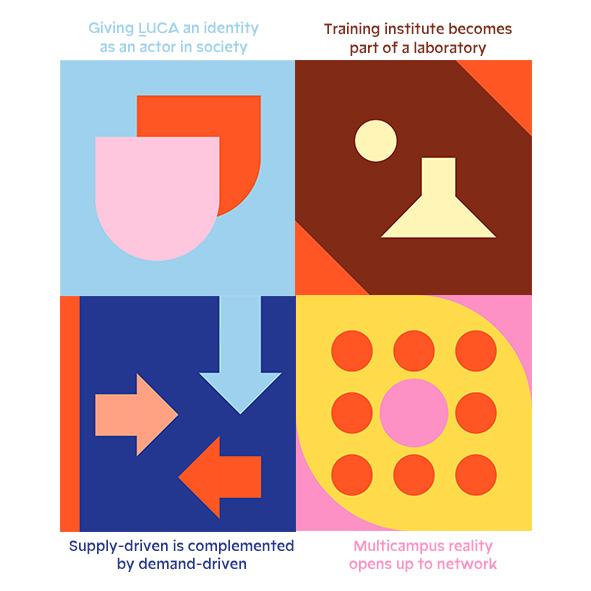
Eight strategic objectives
Within the four policy directions, LUCA defines, on the basis of this policy plan,eight strategic objectives, clarifying what we want to achieve differently or to a greater extent in 2027 than in 2021. Therefore, they focus on those aspects where we wish to achieve a clear evolution in the coming years.
The choice of a set of eight points in which LUCA wants to make a difference has the consequence that the objectives of this plan do not include the many things LUCA wants to continue unchanged. Thus, without prejudice to the focus on the identified ambitions for change and improvement, the core missions of education, research, internationalisation, artistic operation and community service also continue to set the agenda, true to LUCA’s mission and
vision.
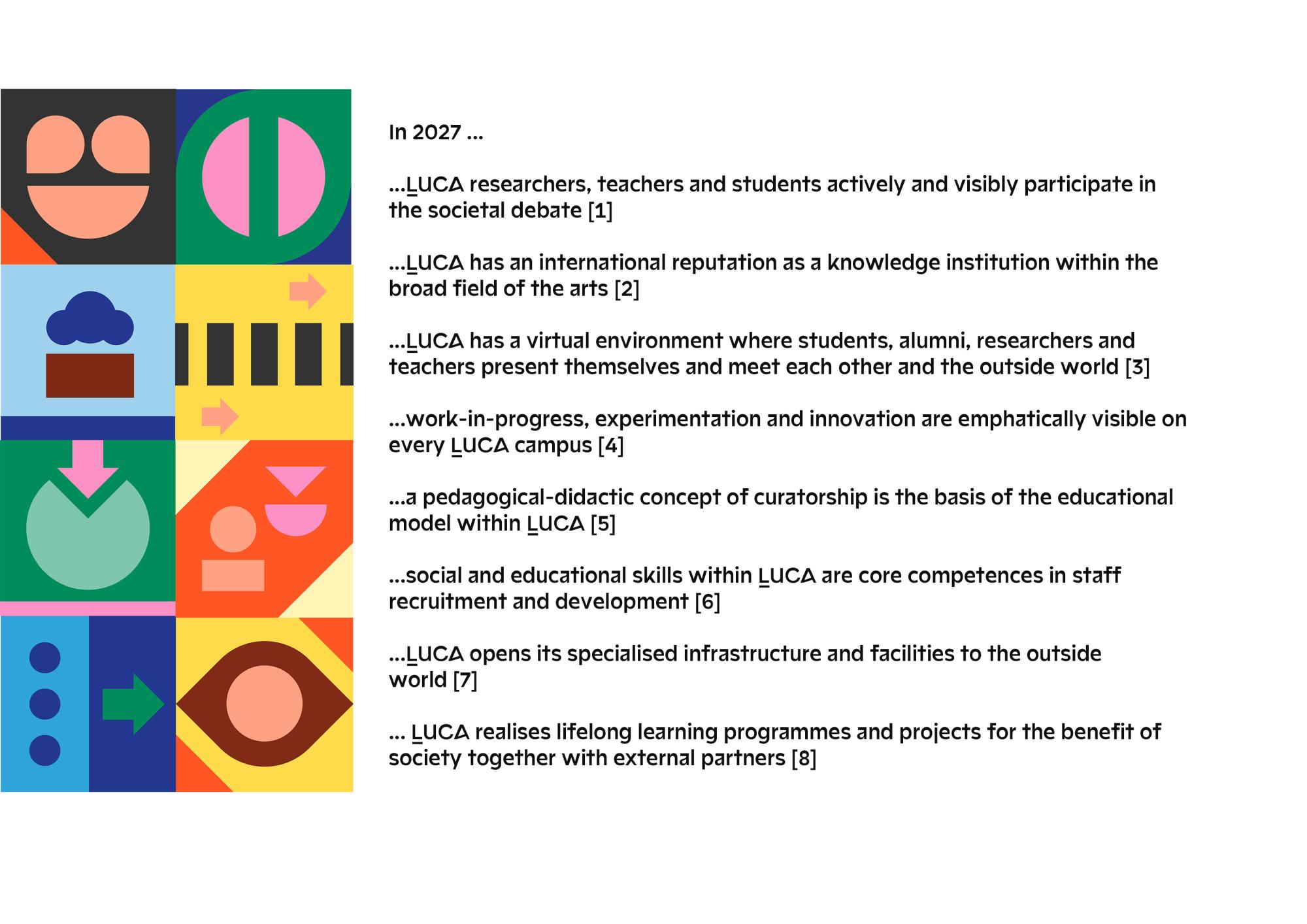
1. In 2027, LUCA researchers, teachers and
students actively and visibly participate in the
societal debate

LUCA is a community of individuals who belong to this community because of their specfic expertise and talent. This applies to both students and staff members. The vision of this community is that its members engage as active
players in society, based on their artistic, design, practice and research competences.
All members who study, teach, research and work at LUCA enjoy the academic freedom to participate from their expertise in the debate taking place both inside and outside LUCA’s walls. This academic freedom is inextricably linked
to academic responsibility, in particular that it is always a contradictory debate, with room for word and argument, and that the contribution by LUCA members is made from the expertise they have and develop within their role as students or staff members.
LUCA encourages participation in societal debate, especially with regard to topics that are closely related to LUCA’s core missions (education, research, internationalisation, artistic functioning and social service) and the domains in which LUCA operates as a School of Arts and as a faculty: art, culture and creativity in a broad sense. From a wide range of disciplines and perspectives, LUCA offers a counterweight to an overly narrow interpretation of “the arts”. This broad range also makes experts connected to LUCA an equal discussion partner in debates concerning many domains, and not just “the arts” as a niche. Students and staff who contribute to the debate from their position within LUCA speak from their personal knowledge and expertise. Their affliation with LUCA neither implies nor requires that their position is that of the institution itself. In fact, the existence of diverse viewpoints within LUCA is logical and considered an asset. Only the elements belonging to the foundational attitude delimit the boundaries of the content, and especially the form, of these positions. At all times, they remain therefore respectful, and are fundamentally focused on sustainable development, inclusion and quality.
Confident that the members belonging to LUCA as a community have a lot “to say” thanks to their talent and expertise, LUCA formulates the ambition to participate more actively and visibly in the societal debate.
2. In 2027, LUCA has an international reputation as
a knowledge institution within the broad field of
the arts
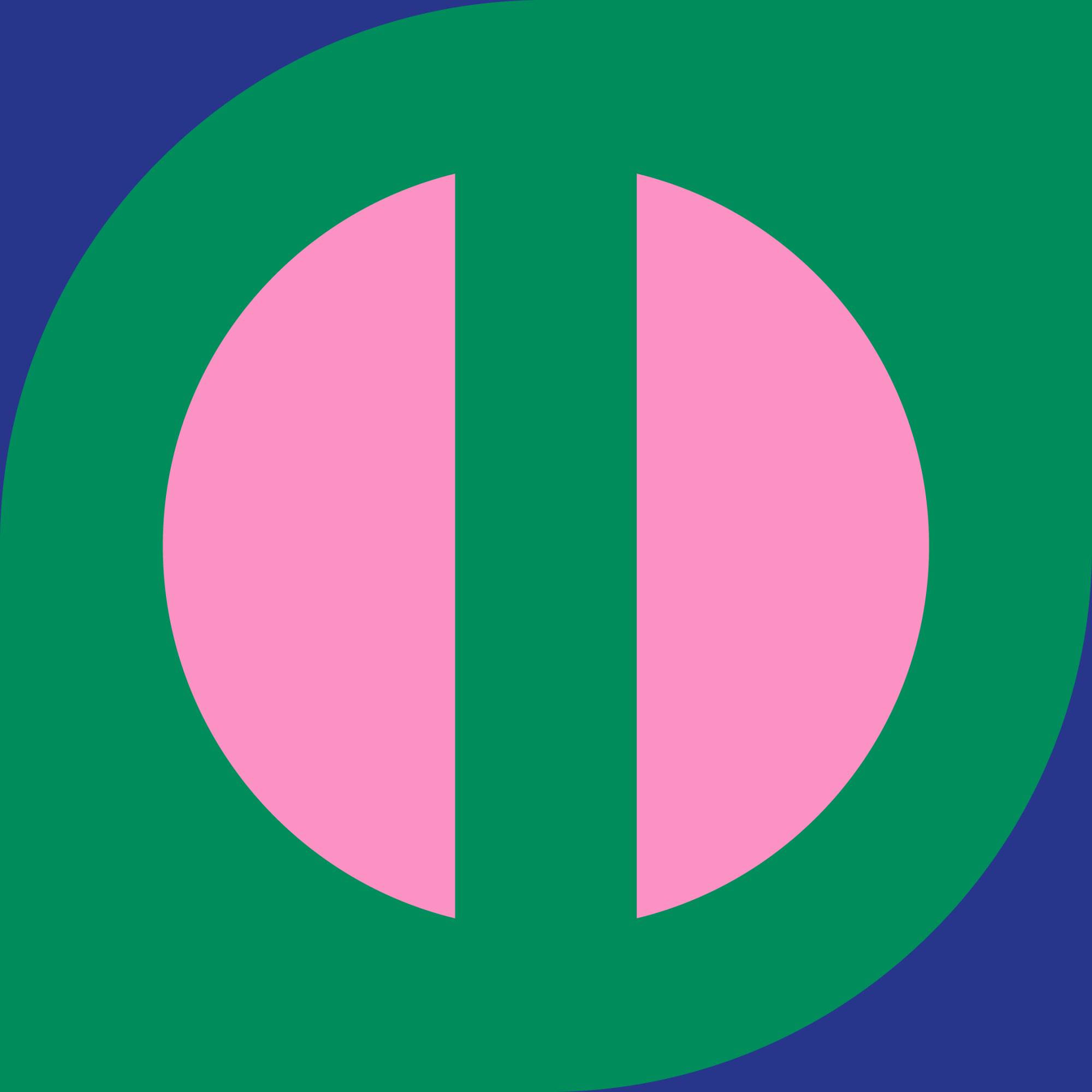
LUCA is the largest and broadest School of Arts within the Flemish higher education landscape. This was a conscious choice within the association to which LUCA belongs. Others opted for keeping disciplines separated (academy on the one hand, conservatory on the other) and embedding them in larger university colleges, with professional courses within the other fields of study alongside arts courses. As an independent and comprehensive School of Arts, LUCA is therefore unique in Flanders.
As for its subjects, LUCA’s educational programmes cover a wide range of fields, with courses within audiovisual and visual arts, design, music and drama, as well as fields related to the arts, such as interior design and construction. Teaching courses are also strongly embedded within LUCA. Moreover, the educational offering is situated at different levels of the qualification framework, from associate degree, through bachelor and master, to doctorate. Artistic research, for its part, is embedded in KU Leuven, the largest university in Flanders and the most innovative in Europe. Within the university, the associated Faculty of Arts forms the academic space for artistic research (“in” the arts) and the starting point for interdisciplinary research (“with” and “from” the arts). This research range is also broad, forming a continuum from fundamental to applied and practice-oriented research.
Its scale, its central location in and around the capital of Europe, the broad spectrum of both its teaching and research potential, and its structural embedding in a top university, enable LUCA to play a key role within leading international networks. LUCA is a founding member of a European University (FILMEU) and active within numerous partnerships, such as the European League of Institutes of the Arts (ELIA).
LUCA’s international reputation and benchmarking are not simply a matter of prestige. The leading role especially opens up opportunities for LUCA’s researchers, students, teachers and staff. After all, they shape the network through international cooperation and mobility.
From all its strengths, LUCA formulates the ambition to profile itself internationally as a reference for artistic education and research in Europe.
3. In 2027, LUCA has a virtual environment where
students, alumni, researchers and teachers present
themselves and meet each other and the outside
world
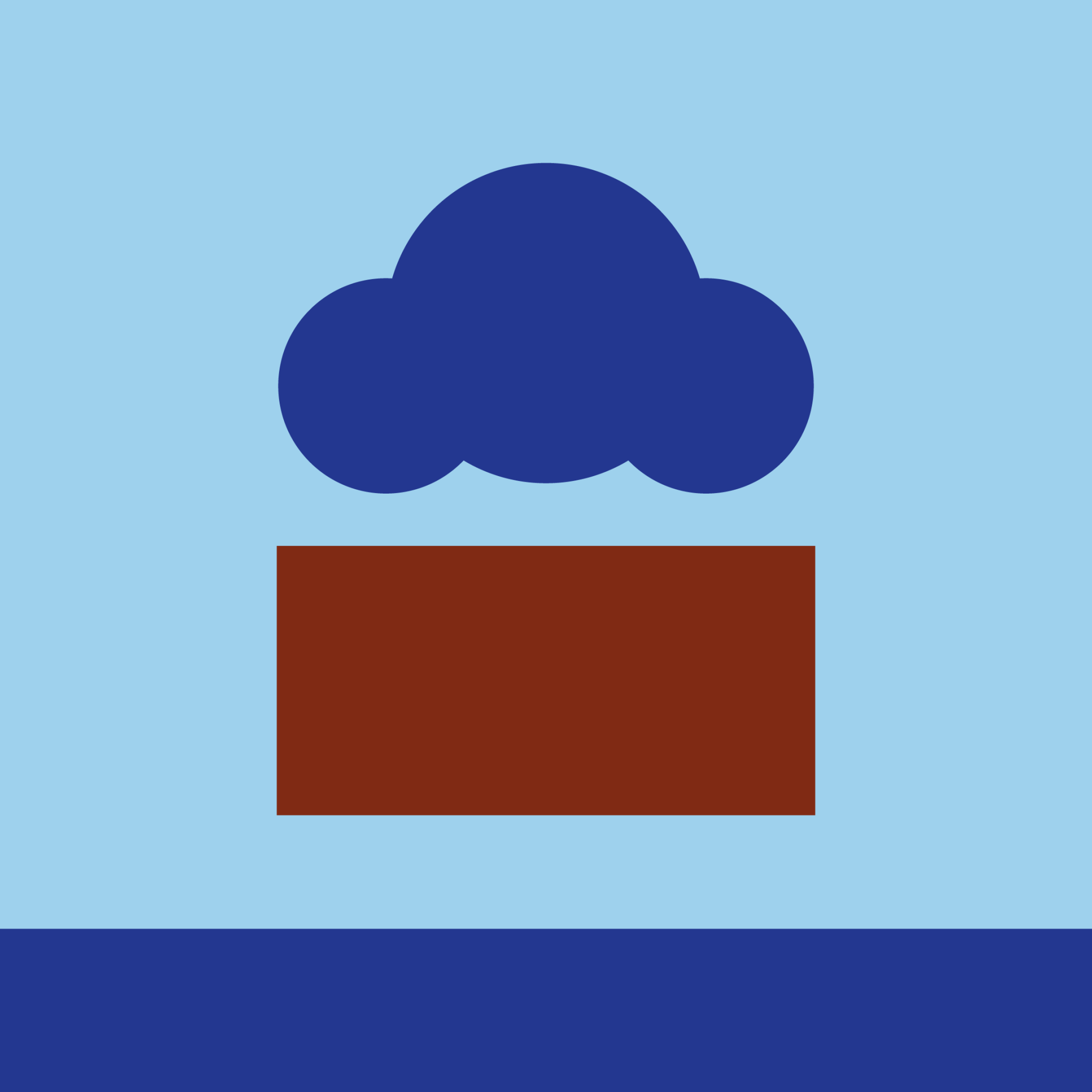
LUCA is a community of nearly 5,000 people: students, faculty, researchers and support staff. Physically, they are at work on campuses in four different cities: Brussels, Genk, Ghent and Leuven. From a Flemish perspective, this is a large spread, but the distance between these cities is actually rather small, and their accessibility is good. From an international perspective, LUCA can thus be considered a School of Arts with a consolidated location in and around the capital of Europe.
Nevertheless, to form an active network with over 5,000 people, it makes sense to complement the physical reality of the various campuses with the virtual reality of an online environment where students, teachers, researchers and support staff can find each other and engage with one another.
Moreover, LUCA’s community is constantly changing: students flow in and out. The alumni base grows by hundreds of new members every year. Staff members also join or leave LUCA for another challenge or a well-earned retirement. And furthermore, researchers, lecturers, students and support staff have many contacts outside LUCA through their jobs. This means that the actual LUCA network is much broader than the group of students and staff members enrolled or employed at LUCA at any given time.
A virtual environment offers opportunities to map and unlock such an expanding network. It allows students and alumni, researchers and teachers, to present their work, to each other and to the outside world, from which further dialogue and collaboration are nurtured. In the hybrid society where we continuously communicate and connect both off- and online, this virtual space is not separate from the physical campuses. This and the following objective thus complement each other seamlessly.
The shift towards virtual forms of teaching, research and artistic functioning influenced by the 2020 pandemic strengthens LUCA’s ambition to develop such a virtual environment.
4. In 2027, work-in-progress, experimentation and
innovation are emphatically visible on every LUCA
campus
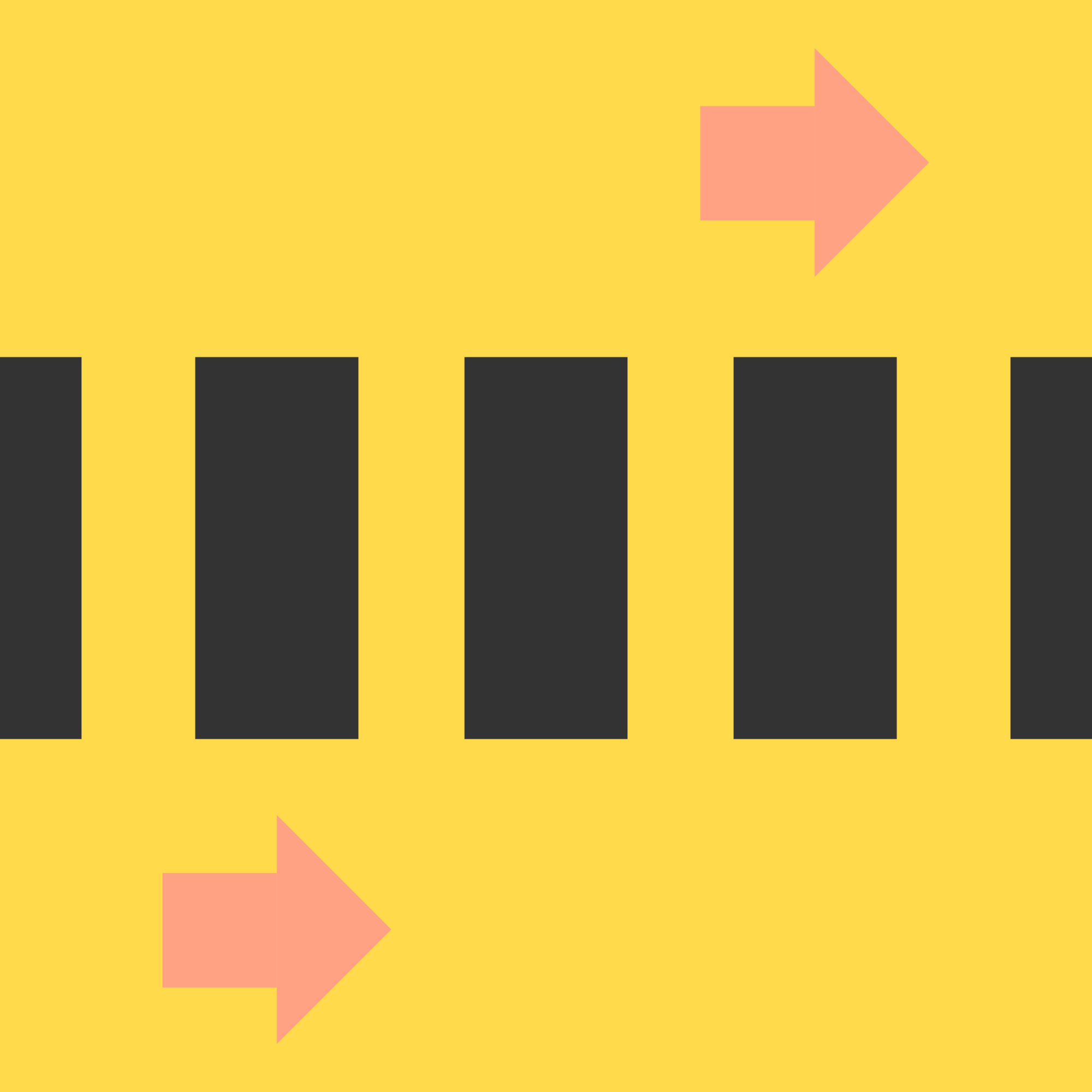
While the 2020 pandemic taught us that a virtual environment can add real value, it also made us realise that physical interaction and tactility remain essential for artistic education and research. So LUCA remains committed to
the space it provides on its campuses. These, by the way, are no longer just school buildings. They are meeting places where artistic research takes place and, from there, artistic talent can develop. Characteristic of both education
and research is the process of experimentation, failure and growth.
LUCA is committed to further expanding its research activities, embedded in KU Leuven’s associated Faculty of Arts. This means that the number of researchers will increase. They not only need a (flex) workplace but also equipment, practice and experimentation space. Making space for artistic
research has to do not only with creating additional space but also with the way spaces are allocated to teaching and/or research activities, as well as the way LUCA makes the intertwining of the two visible to everyone who studies, works or visits a campus.
Typical of places where artistic talent is mined and researchers are at work, the focus is not so much on the finished product as on the never-completed process. This distinguishes a LUCA building from traditional places of art and culture. A School of Arts is first and foremost a laboratory in action, not a museum, cinema, concert or theatre stage... Evidently, our infrastructure and activities do regularly lead to show moments, where a campus can indeed temporarily take the form of an exhibition space or a cultural centre. But even then, the traces of the experimental stage remain visible.
From its uniqueness as a laboratory, LUCA formulates the ambition to give the searching process of researchers and students the necessary space and also an emphatically visible place in all buildings.
5. In 2027, a pedagogical-didactic concept of
curatorship is the basis of the educational model
within LUCA
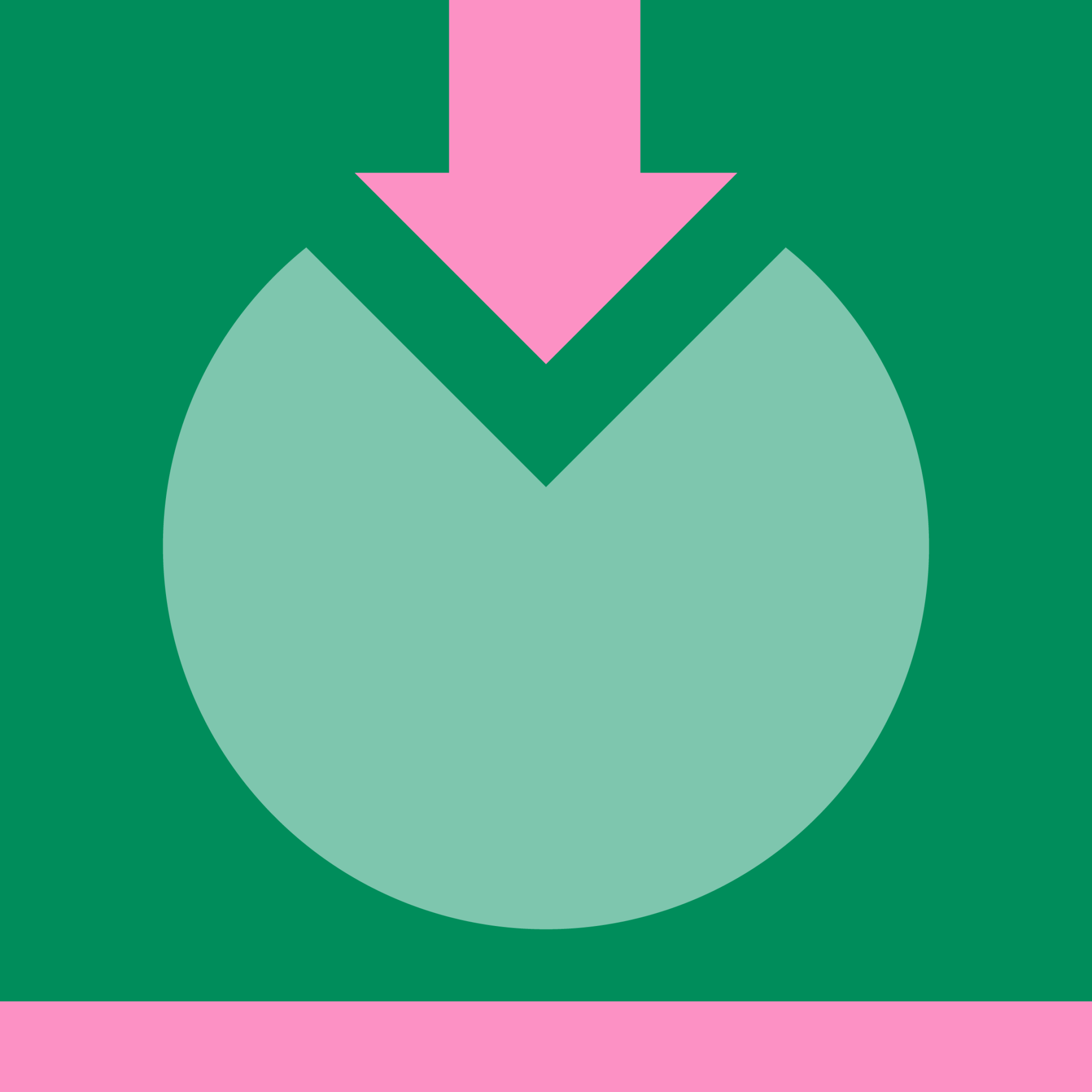
With about 1,000 diplomas awarded every year, LUCA makes a significant contribution to strengthening talent within society. More than 500 staff members are directly involved in course units and curricula on the basis of which students obtain their degrees.
Twice, there is a broad spectrum. On the one hand, with regard to the 1,000 degrees, which are spread across the wide range of domains and disciplines in which LUCA offers courses. On the other hand, also with regard to the 500 staff members who are responsible for these different courses and individually have very different areas of expertise. That in itself makes LUCA a strong network of knowledge and skills mobilised within the various courses.
However, the quality of education, and also its future-proof nature, lies not only in the expertise that LUCA possesses through the 500 teaching staff members themselves, but also in the bridge they build to, for example, their research and professional experience. This also brings their connections into the picture with other experts: colleagues within LUCA, colleagues within KU Leuven, colleagues within the global research field or the sector.
That networked position enables all those who take responsibility within the courses to fulfil that responsibility not only as experts, but also as curators. They can often provide course units on their own, but they can also call on additional expertise to enrich the content, broaden the perspective, and bring in current developments. The same applies to those who have responsibility for the coherence of course units within curricula. A course is more than the juxtaposition of pieces of expertise: it is a carefully designed overall programme. The role of curator therefore fits seamlessly into the design of powerful learning environments.
Finally, in addition to the teacher, the student also takes responsibility within education. After all, it is the students who make a study choice at the start, and have various freedoms and choices during their pathway. The role of curator therefore applies to them as well.
From the combination of individual expertise and networking among all stakeholders, LUCA foments the ambition to define a concept of curatorship as the basis for the educational model. Together with the fundamental focus on quality (as a foundational attitude), this model guarantees a positive result in the 2023-2024 institutional review.
6. In 2027, social and educational skills within LUCA are core competences in staff recruitment and development
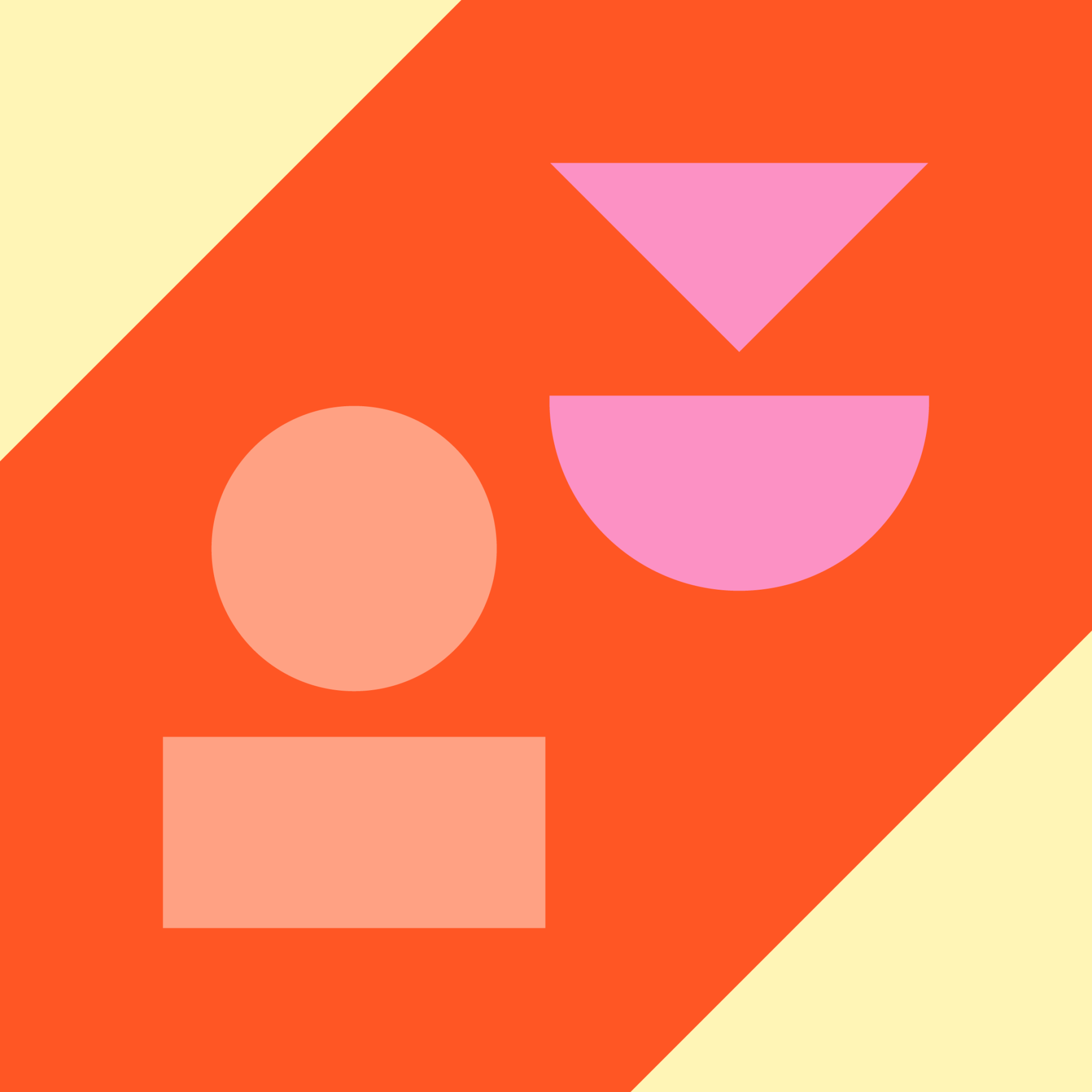
LUCA’s core tasks are all people’s work. Regardless of the importance of state-of-the-art infrastructure and adequate equipment, artistic education and research happen for and by people. This will remain so, because when it comes
to robotisation, the creative field and education are typical examples of sectors where machines cannot possibly replace human input.
Salaries make up the vast majority of LUCA’s operating costs, and staff members are therefore the most important asset at the organisation’s disposal. This “human capital” rightly requires a lot of attention, and so the “building” and “maintenance” of the workforce is best done with the same care as the construction and maintenance of heritage assets. Every recruitment, every moment of professionalisation, every career step is a precious investment.
With interpersonal cooperation as the key to LUCA’s success, it is essential that we invest in a sustainable and diverse human resources policy. This meansthat already at the start, when looking for new colleagues, we pay attention not only to their substantive expertise and specific skills, but also to their competences to work intensively with others: students, colleagues, visitors.
This also includes educational skills, given LUCA’s mission as a “teaching community” (through training but also dissemination of research results and participation in the societal debate). An educational mindset also goes hand in hand with an inquisitive attitude, which by the way is not a privilege only for those whose core task is research. All staff members have the reflex to
continuously question, expand and review their own expertise, just as we expect from students.
Socially competent staff members also guarantee a warm welcome and good
guidance for students who choose to study at LUCA, including a sustainable and caring social policy.
As part of a sustainable career, the further development of social and educational skills is also a focus within the learning process that staff members continue to undergo, through professionalisation, or in taking up leadership roles.
As a people-driven organisation, LUCA therefore formulates the ambition to give social and educational skills a central place in its human resources policy.
7. By 2027, LUCA opens its specialised
infrastructure and facilities to the outside world
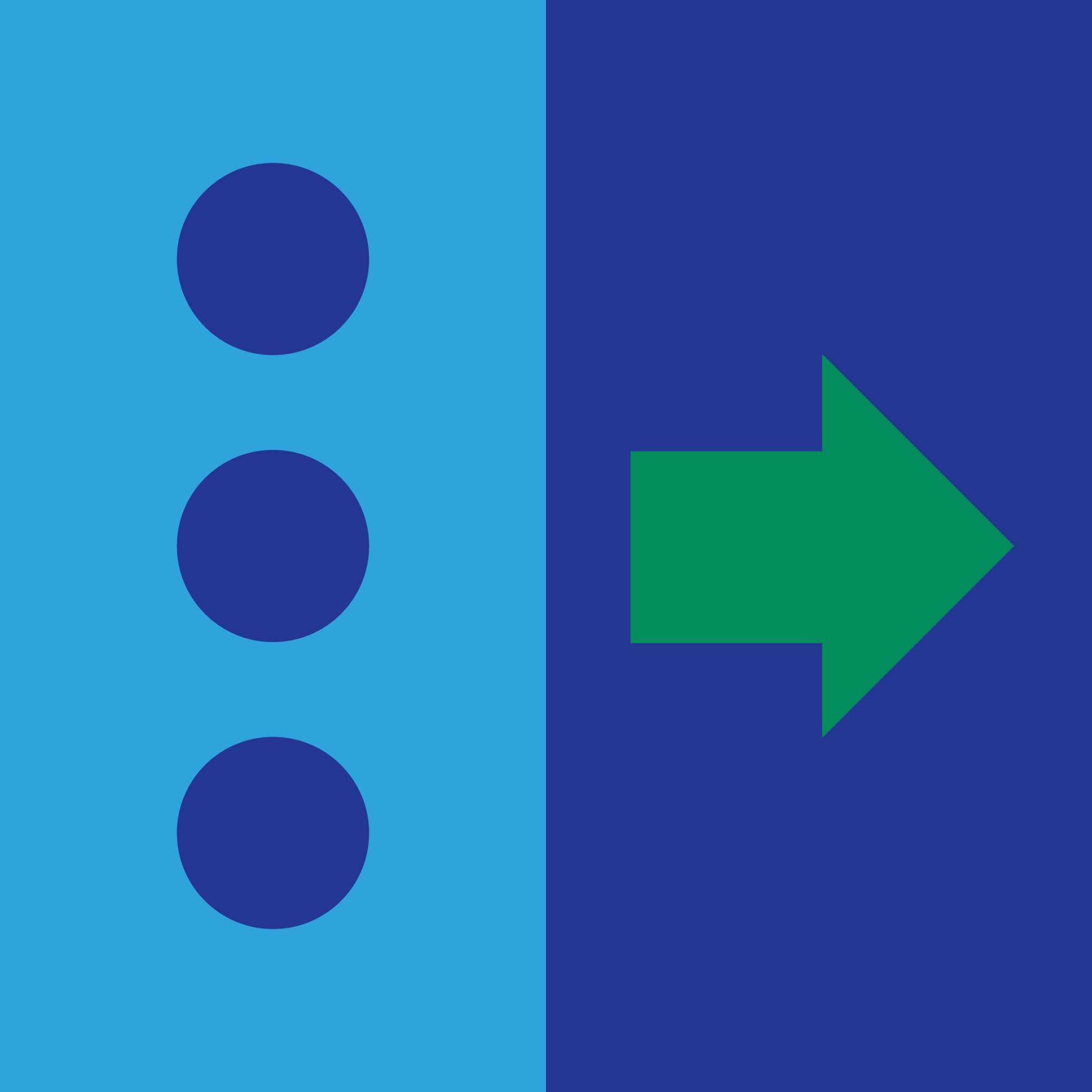
Achieving LUCA’s core missions often requires specific equipment. This applies to both the physical campuses and the virtual environment. This includes educational technology and research infrastructure, workshops and studios, libraries and equipment lending services, studios and editing cells, rehearsal rooms and musical instruments, concert halls and exhibition spaces...
The extent to which these specialised infrastructures and facilities are available to LUCA’s community members helps to develop their creativity. Building an excellent service for internal use also allows it to be made more widely available.
LUCA can strengthen its connection with the outside world by also allowing others than its own students, teachers and researchers access to its facilities.
Such openness is not only in line with the public role of an institution like LUCA, but also benefits the internal dynamics by bringing in other players. The challenge is to find a model in which the services are better for all parties by making them more open, with adapted and fair conditions of use for interns on the one hand and externals on the other. In parallel, investments in keeping the infrastructure and facilities up to date are always needed. Making them available externally can be helpful in funding.
Finally, this open attitude also contributes to the networking of our infrastructure and facilities with domestic and foreign partners. In this way, our own offer can be complemented by opportunities that we would otherwise not have available ourselves.
The current range of infrastructure and facilities allows LUCA to express the ambition to open it up to the outside world in the future, thus expanding itsoffer even further.
8. In 2027, LUCA realises lifelong learning programmes and projects for the benefit of society
together with external partners
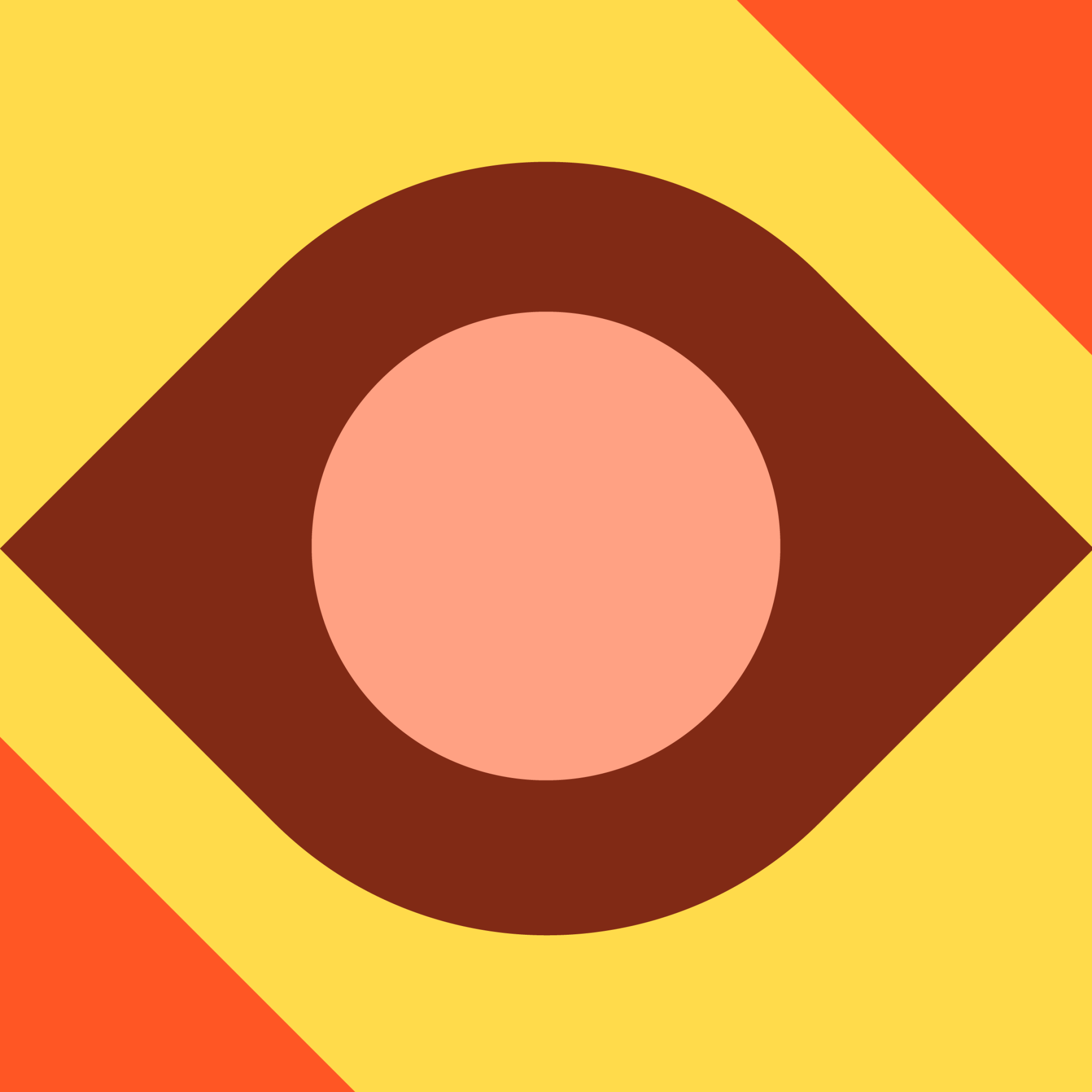
Higher education, certainly as far as LUCA is concerned, historically originated from the free initiative of institutional powers that took the responsibility to train young people and thus contribute to the prosperity and well-being of
society. Numerous evolutions make that education and training nowadays have a much broader function and are certainly no longer limited to that one and only pivotal moment between compulsory education and professional life. Learning has become a lifelong necessity.
This same evolution means that higher education is no longer an isolated phase in a person’s life, but continues to play a long-term role. The same goes for research and innovation, where the intertwining between knowledge institutions and the professional field is no longer limited to punctual collaborations but is situated within a dynamic intertwining.
LUCA can respond to this reality by being explicitly open to the questions within society regarding lifelong learning, participation and innovation. LUCA then develops answers to these questions in collaboration with external partners and takes the form of training courses outside the regular range of initial training courses, projects in which researchers contribute to application- and practice-oriented solutions on the basis of their expertise, or projects in which students interact with the professional field, sector and society.
LUCA’s strong position in the field of artistic education and research allows it to formulate the ambition that external questions relating to formation and innovation are also answered with jointly designed trajectories and projects.